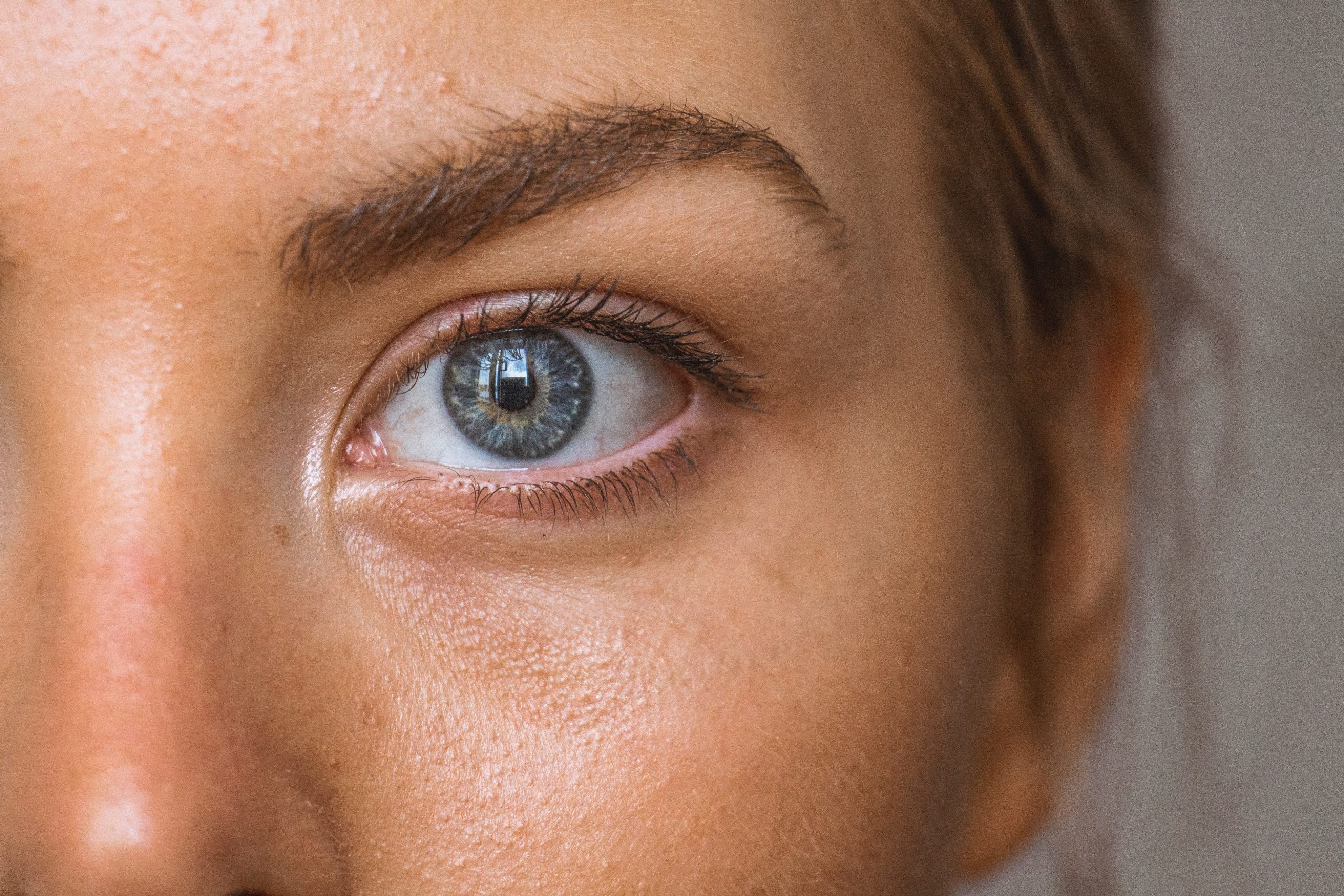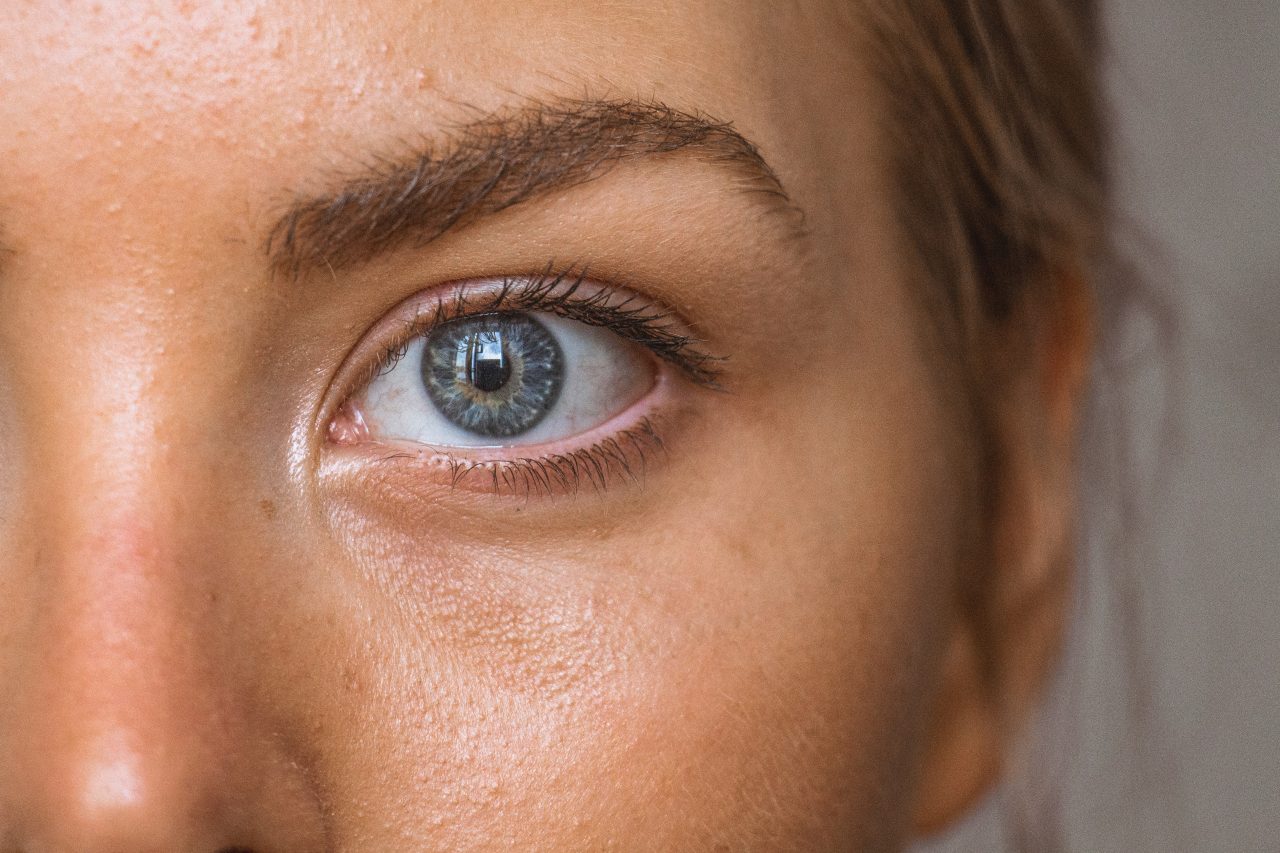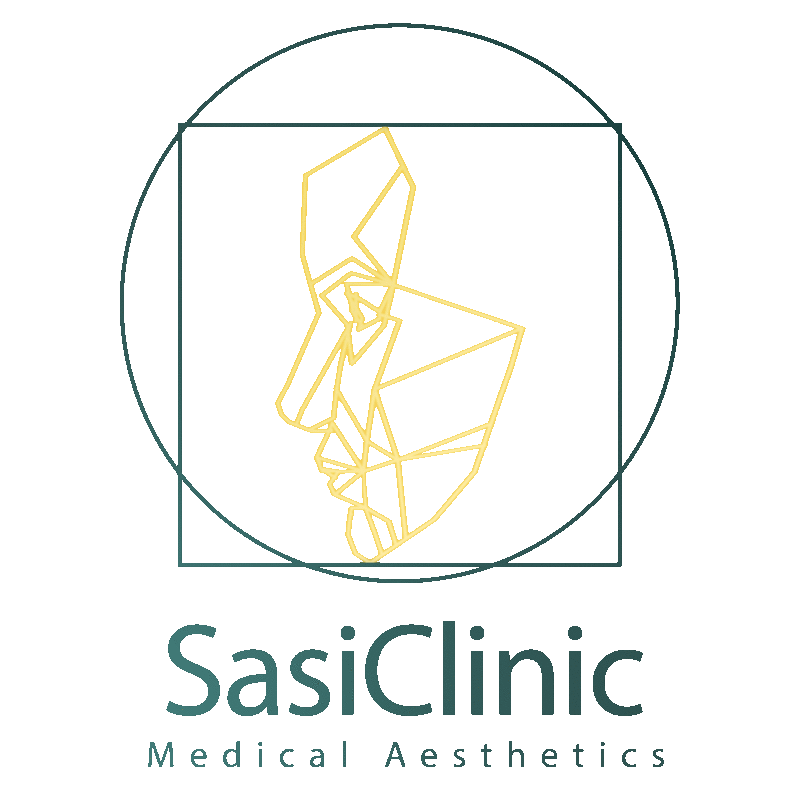Oily skin is one of the most common skin types people complain about when they come to me.
Patients are often coming to me: “I look so shiny all the time and can’t find any solution!”
Let’s make one thing clear – our skin is meant to have oil, and is actually vital for skin health. Oil is also known as ‘sebum’ when produced by the skin. It is a natural product produced by your body to protect and hydrate your skin. Beneath each one of your pores is something called a sebaceous gland. If you have oily skin, your sebaceous glands tend to overproduce oil, which then of course leads to that ‘shiny’ and ‘greasy’ look you are worried about as well as the appearance of blackheads and other blemishes.
I have put together a guide to figure out exactly what is causing your oily skin so you can get to the bottom of things immediately!
Signs You Have Oily Skin
If your skin shows all or a combination of these signs, you likely have oily skin:
- You have breakouts and blackheads and could also have large pores on your chin, nose, and forehead.
- Your face is ‘shiny’ and can look ‘greasy’ by the end of the day no matter what you did.
- Makeup doesn’t stay well on your face after you apply it and you may have a ‘drippy’ appearance.
Something to pay attention to in order to truly see if you have oily skin is your ‘T-Zone’. This is the region of the face that consists of your forehead, nose, and chin. The T-Zone tends to produce more oil than other areas of your face, and can be a great indicator to see if your skin produces excess or normal amounts of sebum. If you really have oily skin then this area and other areas nearby may look shiny.
What is Causing my Oily Skin?
There are a few things that all could be causing your oily skin. Unfortunately, now all of them are controllable, but that is why once we identify what is causing it, we will be able to combat it! Let’s dive into what could be causing your oily skin!
Your Genetics
Oily skin generally has a genetic component to it. If members of your immediate family had oily skin growing up then you likely can have that passed down as well. Though there is little we can do to change our genes, being aware of your condition and using products that are specific for your skin type is crucial.
Living in Humid Climates
Something that not a lot of people know is that where you live can affect your skin and alter the oil production in your skin. Tropical environments that produce a lot of humidity can make your skin look more oily during the summer months just due to the extra moisture in the air as well as the increased sweat you will produce.
Washing Your Face Too Often
You may have the urge to wash your face more often with oily skin, but this could actually damage your pores and dry out your skin. When you remove too much oil from your skin your pores go into a sort of ‘crisis mode’ and produce more oil to protect your skin from dryness. Make sure you are only washing your face 1-2 times per day with a gentle cleanser and not overdoing it!
Skipping Your Moisturizer
One of the biggest skin care myths is that moisturizers can cause greasy skin. In fact, using a daily moisturizer is an essential part of a good skincare routine. To moisturize oily skin, choose an oil-free moisturizer to help hydrate your skin without clogging your pores.
Using Pore Clogging Cosmetics
When shopping for makeup be sure to look for products labeled as “oil-free”. These types of products are designed to prevent clogged pores and are ideal for oily skin types. Make sure to also remove all of your makeup with a makeup wipe as a part of your nighttime skincare routine.
Having Poor Nutrition
It may be difficult to resist certain types of fun foods, but certain foods heavy in carbs, fast, sugar, and dairy can lead to overactive sebum production and oily skin. Try to find a healthy balance in your diet so you can enjoy your favorite foods and take care of your skin at the same time!
If you struggle with oily skin, book a consultation with your medical aesthetic doctor to review a treatment program that is suitable for you. At SasiClinic we have a suite of products and treatments to help meet your skincare needs.




